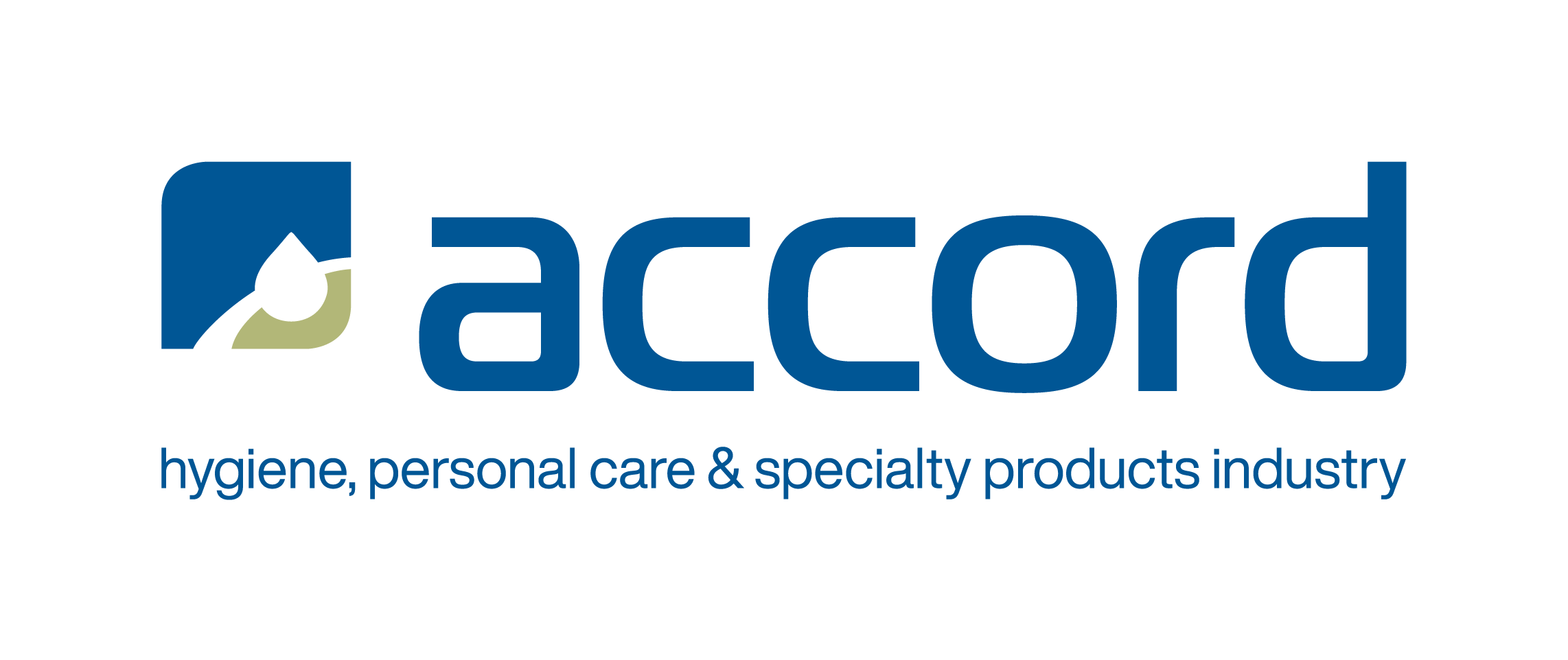Accord Sustainability Charter
As leaders in the delivery of innovative and high-quality hygiene, cosmetic and specialty products and services, Accord and our Member Companies generate significant economic value for our community, industry and governments and drive economic progress up- and down-stream of our industry.
Within this context, Accord and our Member Companies have an important and valuable role to play in creating positive social and environmental impacts through our products, practices and performance.
This Sustainability Charter of Accord is an industry framework designed to actively foster social responsibility and environmental stewardship in our Member Companies and industry.
The Charter sets out the key sustainability principles and commitments that aim to both continue driving our industry’s economic value and improve its social and environmental performance. Where applicable, these are linked to the relevant UN Sustainable Development Goals.

The Charter’s key principles are:
Social responsibility: Encourage Member Companies and industry to promote the health and wellbeing of customers and communities, abide by internationally recognised standards of labour, health and safety, engage in proactive ethical sourcing and responsible business practices, drive positive community interactions and communicate with transparency. Read more
Environmental stewardship: Encourage Member Companies and industry to protect the natural environment, optimise resource efficiency throughout the product lifecycle and to play an active role in helping solve industry related environmental issues. Read more
The Sustainability Charter of Accord is designed as a tool kit to provide resources and best-practice examples to equip and inspire Member Companies and industry to address industry-related social and environmental issues.
The Charter was first published in 2012 and was updated in 2019 by the Accord Innovation & Sustainability Executive Committee
Do you have a program or initiative to address an industry-related social or environmental issue
that Accord can use as a case study within the Sustainability Charter tool kit?
Please email: jsemple@accord.asn.au
Social responsibility
As an industry that makes a significant contribution to the lives of customers and communities through our products, services and expertise, we have a social responsibility to consistently deliver positive health and quality of life outcomes.
At the same time, we must work to deliver these products and services in a way that is ethical, transparent, drives positive community interactions and abides by internationally recognised standards of labour, health and safety.
Accord actively encourages Member Companies and industry to:
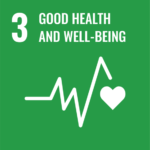
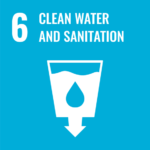
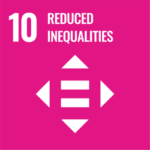 Relates to the UN’s Sustainable Development Goals 3, 6 and 10.
Relates to the UN’s Sustainable Development Goals 3, 6 and 10.
| Area of Focus | Tool Kit |
|
Designing products that are fit for purpose
|
Accord resources promoting best practice delivery of industry products:
External resources and programs:
|
|
Promoting the safe use of products
|
Accord resources promoting industry-wide best practice in ensuring the safe use of products:
|
|
Implementing community health, wellbeing and economic programs
|
Accord programs promoting health and wellbeing of communities: Look Good Feel Better – The cosmetic industry’s valued cancer patient support program. Accord Member Company Programs (examples):
|
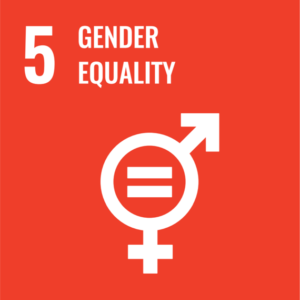
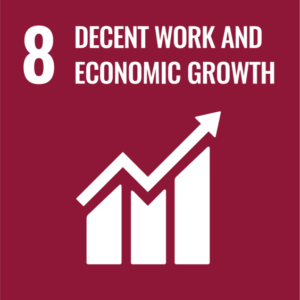 Relates to the UN’s Sustainable Development Goals 5 and 8.
Relates to the UN’s Sustainable Development Goals 5 and 8.
| Area of Focus | Tool Kit |
|
Implementing ethical labour practices
|
Accord resources promoting best-practice labour practices:
Accord Member company programs (examples):
External resources and programs:
|
| Promoting employee health and safety |
External resources:
|
| Improving employee training and education |
Accord training and education programs (contact coh@accord.asn.au):
External resources and programs:
|
 Relates to the UN’s Sustainable Development Goal 8.
Relates to the UN’s Sustainable Development Goal 8.
| Area of Focus | Tool Kit |
|
Designing and executing an ethical sourcing strategy
|
Accord resources promoting best-practice trading:
Accord Member company programs (examples):
External resources and programs:
|
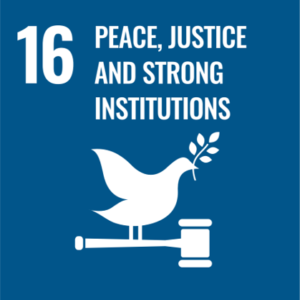 Relates to the UN’s Sustainable Development Goal 16 (Target 16.6 – Develop effective, accountable and transparent institutions at all levels).
Relates to the UN’s Sustainable Development Goal 16 (Target 16.6 – Develop effective, accountable and transparent institutions at all levels).
| Area of Focus | Tool Kit |
| Upholding consumers’ ‘right to know’ |
Accord resources promoting the consumer’s ‘right to know’:
Accord Member Company initiatives (examples):
|
| Guaranteeing clear and accessible directions for use |
External resources and programs:
|
| Providing true, relevant and non-misleading claims |
Accord resources promoting best practice on factual claims:
External resources and programs:
|
| Effectively communicating product and industry benefits to wider society |
Accord resources communicating the indispensable contribution of the hygiene, personal care and specialty chemical industry and its products to daily life:
Accord Member Company Programs (examples):
External organisations:
|
| Addressing product and ingredient misinformation |
Accord resources clarifying misconceptions about industry products:
|
Environmental stewardship
All industries have the responsibility to protect the natural environment. As an industry whose impacts on the environment can be significant, we must continue to improve the environmental attributes of our practices, products and services and continue to play a leading role in solving industry-related environmental issues.
Accord actively encourages Member Companies and industry to:
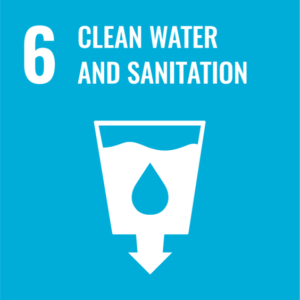
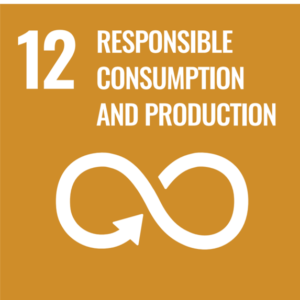
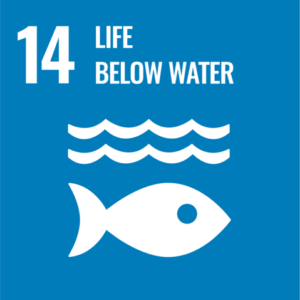
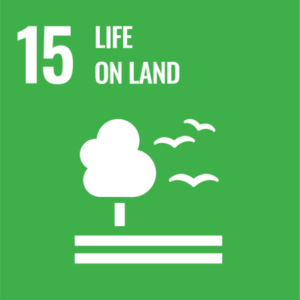 Relates to the UN’s Sustainable Development Goals 6, 12, 14 and 15.
Relates to the UN’s Sustainable Development Goals 6, 12, 14 and 15.
| Area of Focus | Tool Kit |
|
Implementing environmentally sustainable sourcing practices
|
Accord resources promoting best-practice sustainable sourcing:
External resources and programs:
|
| Optimising product life cycle characteristics |
Australian organisations offering lifecycle analysis/design services (for example): |
| Protecting biodiversity |
Accord Member company programs (examples):
External resources promoting protection of biodiversity:
|
|
Implementing and encouraging best water practice
|
Accord programs promoting best practice in water quality and usage:
Accord Member company programs (examples):
External resources and programs:
|
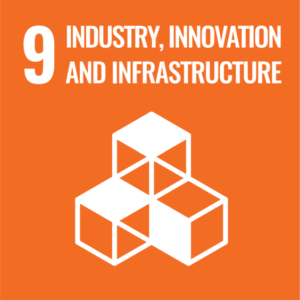

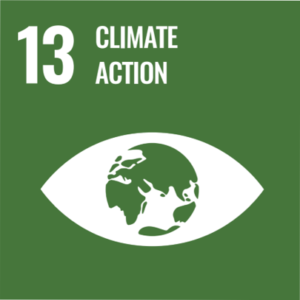 Relates to the UN’s Sustainable Development Goals 7, 9, 12 and 13.
Relates to the UN’s Sustainable Development Goals 7, 9, 12 and 13.
| Area of Focus | Tool Kit | |
|
Optimising energy efficiency, reducing emissions and increasing renewable energy inputs
|
External resources and programs:
|
|
| Improving environmental attributes of packaging through design, material efficiency and recoverability |
Accord resources:
Accord Member company programs (examples):
External resources and programs:
|
|
|
Minimising wastage
|
External resources and programs:
Australian organisations specialising in circular economy / cradle to cradle solutions (for example): |
 Relates to the UN’s Sustainable Development Goal 16.
Relates to the UN’s Sustainable Development Goal 16.
| Key focus area | Tools, resources & best practice examples |
| Supporting basic research and policy development around environmental issues |
Accord surveys/reports on our industry’s environmental impact:
Accord voluntary industry initiatives, which have driven measurable industry-wide change:
|
| Communicating the safe disposal of industry products |
Accord initiatives:
|
